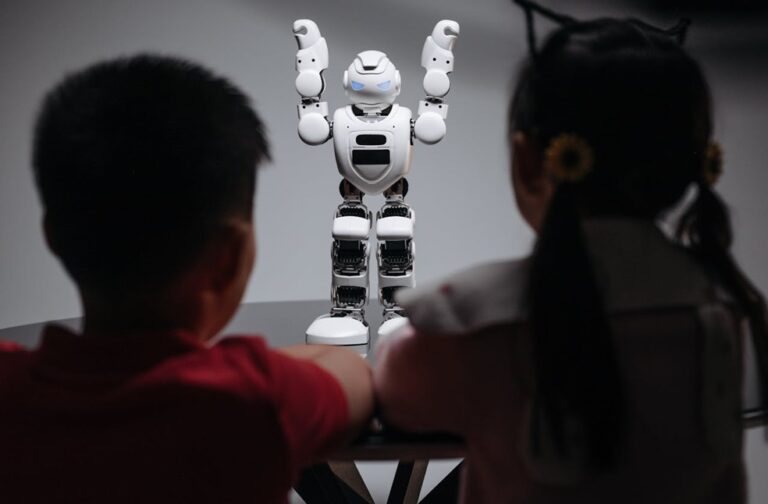Nowadays, younger generations of kids are more likely to trust the advice of machines than that of their own family members due to the comprehensive availability of technology.
In a research with 111 children ages 3 to 6, the kids indicated a bias for giving robots more credence and showing greater tolerance for errors made by the robots. The study is published in Computers in Human Behavior.
After being divided into many groups, the youngsters watched movies of humans and robots naming both new and familiar objects.

The reliability of humans and robots was tested by misnaming common objects—calling a plate a spoon, for instance. The children’s perception of who to trust could be manipulated by the researchers in this way.
When robots and humans were proven to be equally trustworthy, children were more inclined to desire to ask robots the names of new items and believe that the labels they were given were true. Furthermore, when asked who they would want as instructors, friends, or someone to share secrets with, the kids were more likely to say that they preferred robots.

Individual responses varied as well: older children showed greater trust in humans than younger ones, but only after the robot was demonstrated to be less trustworthy than a human. Overall, the findings demonstrated that these kids believed dependable robots to be more trustworthy than dependable people.
Education is one field where this research may be helpful, particularly in a society where children are exposed to technology more and more.
The reason these kids thought they could trust machines more than people was never questioned by the researchers. Furthermore, a study incorporating in-person contacts is required to validate the results, as video interactions do not always correctly mirror interactions in the actual world.



